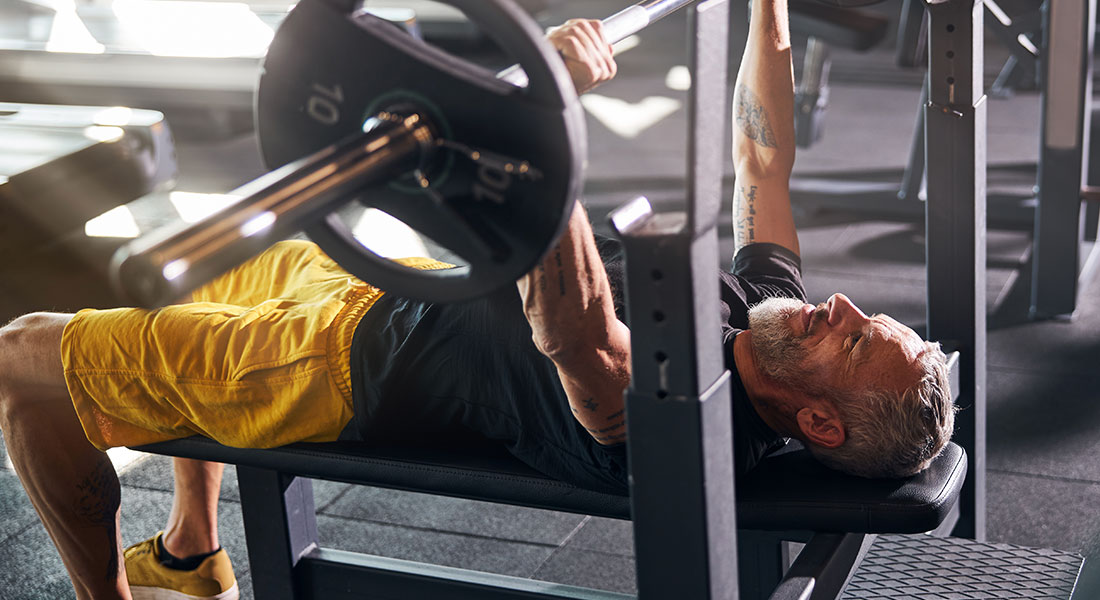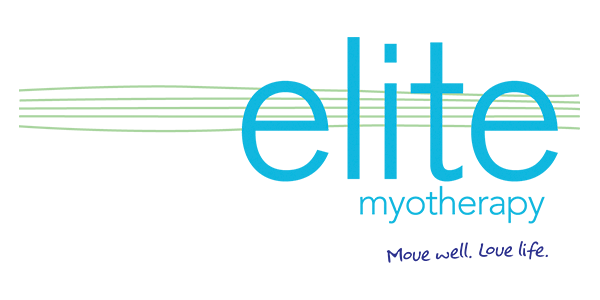Injuries and pain in the pectoral muscles are relatively common, particularly among individuals who engage in activities that involve repetitive upper body movements or heavy lifting. The pectoral muscles, located on the front of the chest, play a crucial role in various movements of the shoulder and arm, making them susceptible to strain and injury.
Common Causes of Pectoral Muscle Pain
- Overuse and Strain: This is often seen in athletes, bodybuilders, and those who perform repetitive tasks involving the upper body. Continuous strain can lead to muscle fatigue and, eventually, injury.
- Poor Posture: Prolonged periods of poor posture, especially when sitting or standing, can lead to imbalance and stress in the pectoral muscles.
- Direct Trauma: Accidents or direct blows to the chest area can cause injury to the pectoral muscles.
- Weightlifting and Sports Injuries: Improper technique or lifting weights that are too heavy can cause tears or strains in these muscles.
Impact on Daily Life and Referred Pain
Pain in the pectoral muscles can significantly affect a person’s daily life. It can limit the range of motion, making it difficult to perform tasks that involve lifting, pushing, or pulling. This limitation can interfere with both professional activities and routine daily tasks.
Furthermore, pectoral muscle pain can lead to referred pain in other areas of the body. This happens when the pain is perceived in a location different from its actual source. Common areas of referred pain from the pectoral muscles include the shoulders, neck, and upper back. This can lead to a mistaken belief that the problem lies in these areas when it actually originates in the pectoral muscles.
Myotherapy as a Treatment
Myotherapy is a form of physical therapy that focuses on the treatment and rehabilitation of musculoskeletal pain and associated pathologies. Here’s how it can help with pectoral muscle pain:
- Targeted Massage: Myotherapy involves techniques such as deep tissue massage, trigger point therapy, and myofascial release, which can alleviate muscle tension and pain.
- Corrective Exercises: Myotherapists often prescribe specific exercises to strengthen and stretch the pectoral muscles, improving flexibility and reducing the risk of future injuries.
- Posture Correction: Guidance on proper posture and ergonomic advice can help in preventing the recurrence of pectoral muscle pain.
- Pain Management and Education: Myotherapists provide education on pain management strategies and lifestyle modifications to prevent further injury.
- Holistic Approach: Myotherapy takes a holistic approach, addressing not just the symptoms but also the underlying causes of muscle pain, such as lifestyle factors and biomechanical imbalances.
In conclusion, while pectoral muscle pain can significantly impact daily life and lead to referred pain, myotherapy offers a comprehensive approach to treatment, combining hands-on techniques with lifestyle and exercise advice to address both the symptoms and root causes of the pain.







